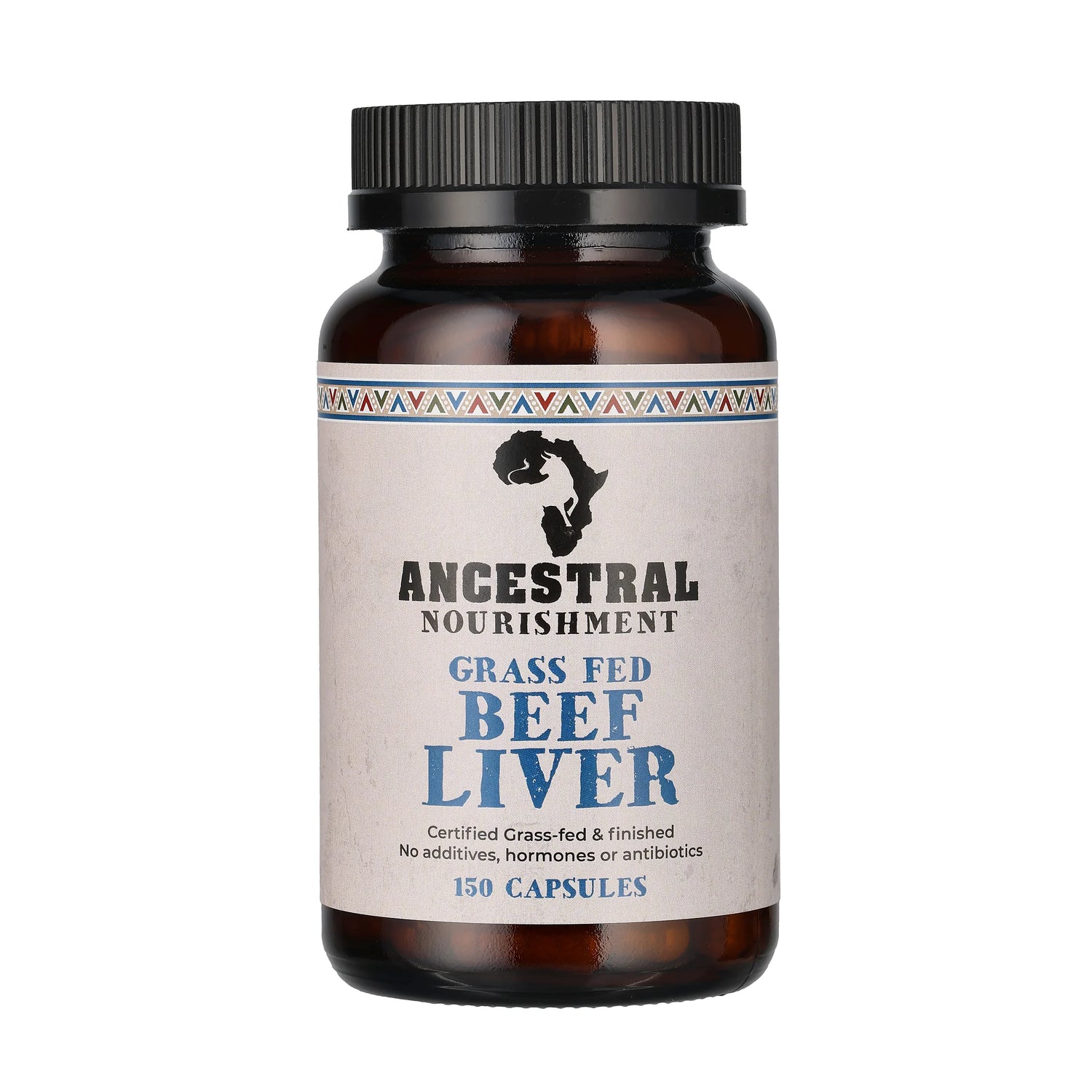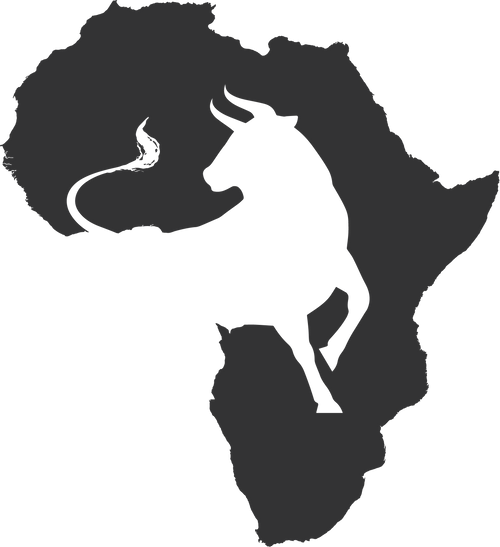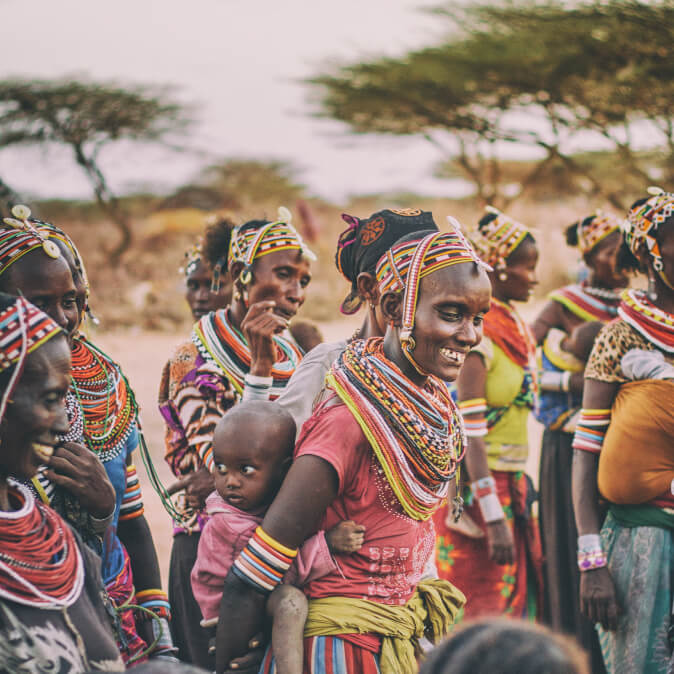The Past is Progress: A Case for Primitive Animal-Based Nutrition
Today, the world is grappling with an epidemic. Chronic and neurodegenerative diseases are projected to reach unprecedented levels by 2050. The mental health of younger generations continues to stagnate, and our hormonal health is in free fall.
Yet, the short-sightedness of modern man prevents us from stopping to ask the question: at what point did we go wrong? How did we get here? Because we certainly weren’t always like this.
People often like to argue that our life expectancy is at an all-time high.
Yes, modern science can keep us going. And it has achieved many wonderful breakthroughs. But at the same time, many of these interventions don’t actually improve our health or quality of life. They are just bandaids to mask the underlying problem – one that inevitably peels off in time.
Palliative care can keep us breathing. Chemotherapy can give us a few more months or years.
But the stark reality is, we’re not living longer…we’re just dying longer.
Right now, the world is in a strange and perilous situation. It’s both soaked in environmental toxicity and clouded by agenda-driven ideas that shape our health.
And yet, few people stop to ask: how did we get here? And what was life like before all this madness ensued?
How One Man Opened Our Eyes
During the 1930’s a Canadian dentist named Weston A. Price travelled the world to study traditional diets and their impact on dental health. His research took him to remote regions, from the Swiss Alps to the African savannah, observing the eating habits of indigenous people who had not yet been exposed to the modern Western diet.
And what he discovered was nothing short of remarkable. He found that these traditional societies had perfect dental health, with almost no incidence of tooth decay, gum disease, or crooked teeth.
But that wasn't all - he also noticed that these people had strong bones, sturdy physiques, and were largely free of chronic diseases such as heart disease, diabetes, and cancer.
As he delved deeper into his research, Dr Price identified a common thread among these traditional diets - they were all primarily based on animal foods such as meat, fish, and raw dairy. Diets rich in vitamins, minerals, and other essential nutrients promote optimal health and development.
In contrast, Dr. Price observed that people who consumed the modern Western diet, with its processed and refined foods, suffered from a wide range of health problems. Tooth decay, crooked teeth, and facial deformities were common, as were chronic diseases such as heart disease, diabetes, and cancer.
His conclusion was that this contrast in health was due to abandoning indigenous dietary habits and adopting western patterns of living. Even as non-western groups shifted towards this western way of life, they showed increases in typical western diseases.
A World Before Chronic Disease
While some have criticized Price’s work as being evangelistic rather than scientific, we need only look at the health of today’s primitive groups here in Africa.
Specifically, the Khokhio and Khoisan tribes, true indigenous people of Southern Africa, who kept intact the contract humans have always had with the natural world. These hunter-gatherers' diets relied heavily on hunting wild game, and are known to consume everything from organs to milk. Especially prized are the liver, heart, and kidneys of various wild game animals such as Eland, Koedoe and Wildebeest cooked in delicious hearty soups and stews.
Similarly, the Nguni people's way of eating continues to revolve around age-old traditions. These cattle-raising communities eat a very similar diet, with meat and organs at the centre. In fact, many Nguni believe organs to hold medicinal properties, with some still using them as remedies for various ailments.
And yet, if you look at any of these groups prior to colonization, they had very low incidences of chronic diseases. Proof, in our opinion, of the fallacy of ‘scientific’ claims that meat is detrimental to health.
Historically, even the Voortrekkers adopted similar practices after settling. Known for their resilience and desire for freedom, they knew that proper nourishment was key to survival. And their culinary fingerprints that still exist today are evidence of their knowledge of how to eat for strength and vitality. Such as Poffadar, a sausage blended with liver, kidney and heart stuffed inside the colon of an animal and roasted over woodfire coals. Or the South-African favourite, Braaii.
Returning to Our Roots
To us, this is not simply an examination of primitive ways of life, but an important footprint of the past. A concrete clue of a world before unnatural modern Western premises eroded traditional ways of life – one that was free from disease and decline.
Humanity often looks toward to modern science in solving our problems. However, when it comes to fundamental nutrition and preventative health, the conversation is inevitably rooted in the past. Because we are tied to nature and always have been. We cannot cheat our way around the dietary concepts that have been etched into our DNA over millions of years.
And this is why we do what we do here at Ancestral Nourishment. It is our sole purpose to not just heal the current state of health, but help find our way back to the old world. Our grass-fed & finished organs are so much more than just dietary supplements that promote optimal health. They are a symbol of a lost way of life, and our pushback against modern ideas that are leading us down a dangerous path.




